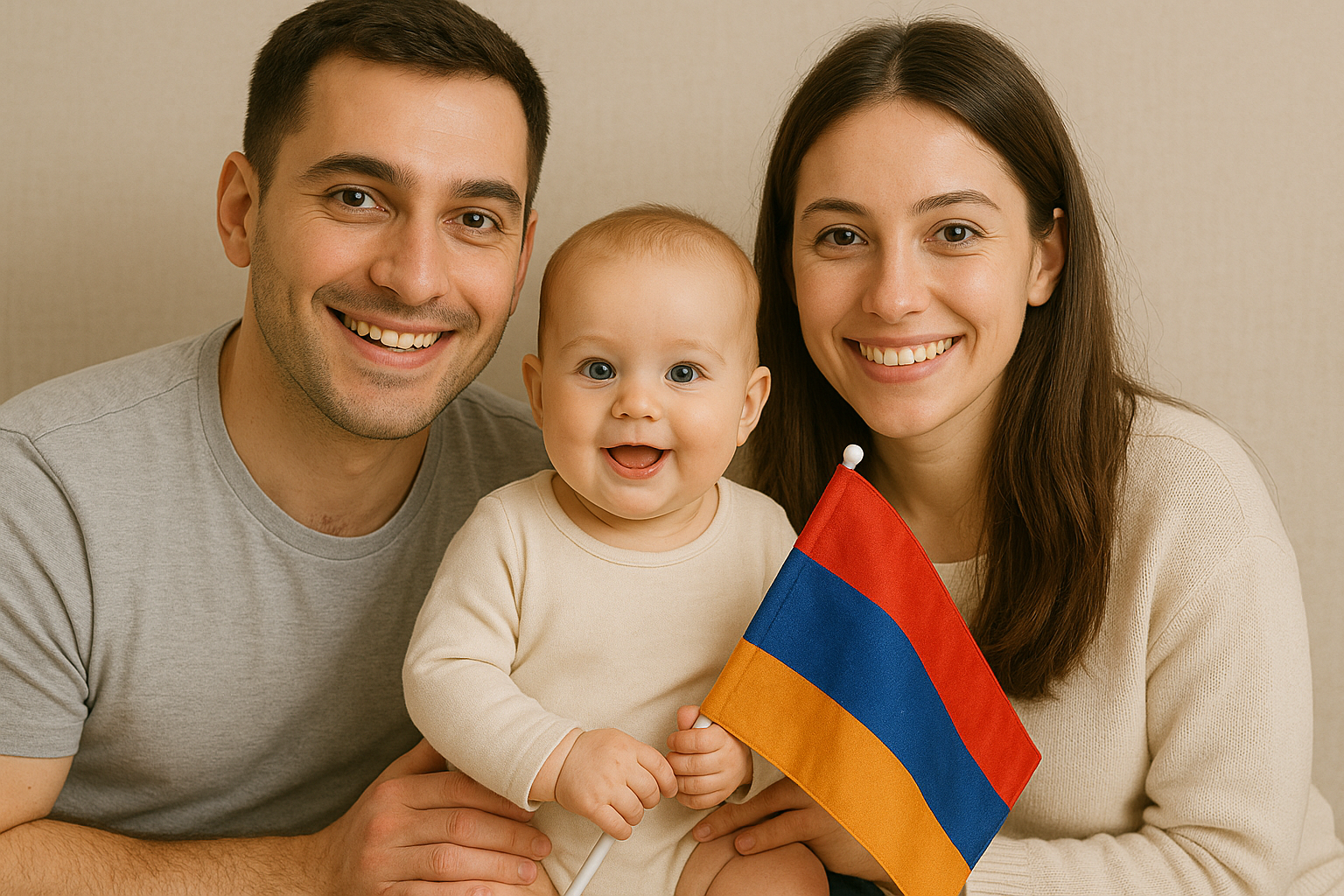Parents
Key Questions to Ask Your Egg Donor Provider Before Choosing an Egg Donor Agency
The decision to move forward on your path to parenthood with the help of an egg donor is only the first in a series of many decisions to come. In this article, we will discuss the most important factors to consider when you begin your egg donation journey.
The First Step: Where To Start Your Search For An Egg Donor
When you begin your search for an egg donor, it’s very helpful to be well versed on all your available options for finding your donor. Here are your main options.
- Agencies. Agencies generally offer access to a database where you can explore their donor candidates in order to find the donor that’s right for you. There are two main advantages to using an agency: one, they usually offer the largest pool of egg donors and two, agencies are the best place to find egg donors with specific traits or characteristics.
- Fertility clinics. Some fertility clinics have a database of in-house donors and although their options may be more limited, this option can also be less expensive. It's also important to note that some clinics only work with egg donors that are already a part of their database and will not allow you to use an outside agency.
- Donor egg banks. Egg banks are a less expensive option than agency donors but more expensive than using a clinic donor. The egg quality of egg banks varies widely and since they are under no obligation to publish success rates, it's impossible to compare their efficacy with other options.
- Egg donor who is a relative or friend. Some prospective parents accept the gift of donor eggs from a family member, friend or acquaintance.
Questions you should ask your egg donor provider
It is important you know what information to ask for. Here are the questions you might want to consider asking your egg donor providers:
- What are the donor’s follicle count and AMH/AFC level? (These tests measure the donor’s egg reserve and tell you how many potential eggs the donor might produce on her next cycle. Most clinics agencies don’t run these tests before you sign a contract and pay their fees, but some test it in advance to get a better idea of what can be expected from a donor).
- What are the criteria your donors must meet?
- How do you recruit donors?
- What information do you share about your egg donors?
- Do you provide the egg donor any information about me?
- Do you provide fresh or frozen eggs?
- What are donors tested for?
- Do you screen donors for drug use?
- Do donors undergo psychological screening?
- Do you keep information about donor siblings?
- Do you track the number of pregnancies and live births per donor?
- How many eggs do I get from my chosen donor?
- Do you have the option of open-identified donors so that my child can have access to possible contact with the donor?
What You Should Know About Your Donor?
We advise that you make sure to get the following information about your egg donor.
Personal and family health history
Agencies generally provide mental health history as well as present family and personal medical issues and results of any screening completed including psychological and personality tests, hormonal screening etc.
Read more about the importance of a family tree in egg donation
Personality information
Donor candidates will be asked about their hobbies and interests, specific talents and interests such as musical, athletic, artistic, general intelligence and so on.
Physical appearance
Naturally, many intended parents want their child to have features similar to theirs so it’s important to have information about the donor's (as well as her family's) physical attributes, such as hair color and type, ethnicity, skin tone and height.
Educational background
Knowing the educational background of the egg donor can shed light on their intelligence levels and values.
Reproductive history
Some donor eggs have already been successfully used and proven to be healthy and fertile. In such cases, you should be able to see this information on the database.
Donor location
Choosing a donor who lives in the vicinity of the fertility clinic can significantly reduce your travel costs during the egg donor’s cycle. Still, it’s important to note that in most cases, traveling is unavoidable and it’s wise to choose an egg donor that matches your preferences rather than according to their location.
Types Of Donor Eggs
There are two types of donor eggs: frozen and fresh.
Because the fresh method is intended to provide a family with all of the eggs retrieved from the donor vs. sharing eggs between multiple families, it’s also more expensive.
Getting Started
When you start your journey, we recommend you take your time to search, compare your options and ask questions. We know from personal experience that this initial step can be time consuming and inefficient, and that’s why we created a free online space where you can find the largest database of vetted donors and agencies, and start a conversation with them directly from our platform. Try it, it can make your process easier and streamlined. Click to start browsing. If you have any questions or queries, contact us and we will do our best to help.





